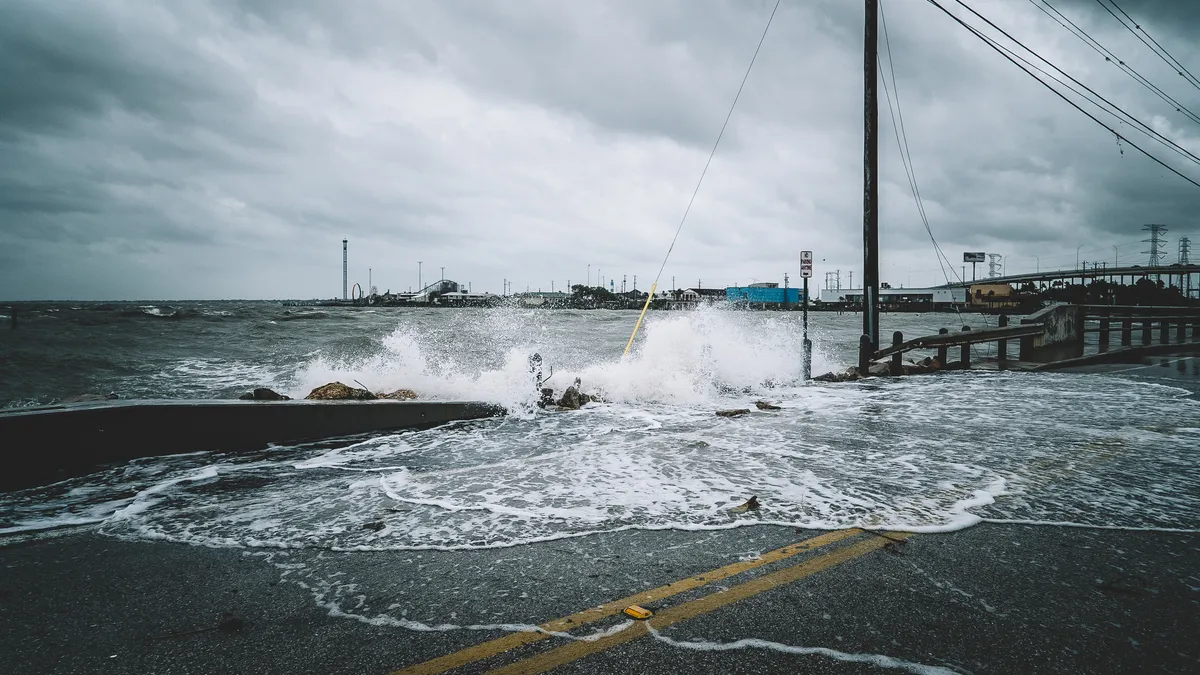Dive Brief:
- Nearly all U.S. mayors worry about climate change’s direct effects on their communities, according to a survey released Tuesday by the Boston University Initiative on Cities.
- Just 3% of 118 mayors surveyed said they were not concerned about the effects climate change would have on their community. And more than half of mayors reported they worried about drought, extreme heat or heat islands, flooding and/or air pollution.
- The survey concluded that “communities across the country face real and immediate climate impacts — from drought to extreme heat to flooding — and America’s mayors feel a sense of urgency to act.”
Dive Insight:
While some local governments have been buying electric vehicles, revising building codes and taking other measures to address the more frequent and severe weather events caused by climate change, more could be spurred into action by newly available funding under the Inflation Reduction Act, according to the report.
But mayors might struggle to prioritize their climate change-related efforts, even if federal support lowers the costs.
“Local climate action can be costly and complicated, and it has to compete with all of the other challenges mayors are facing,” the report said.
Major concerns for mayors include the current costs and environmental effects of energy supplies.
“Democrats and Republicans agree about cost concerns, but Democrats are much more concerned with environmental impacts,” the survey found.
Mayors said their regulatory powers, especially building codes and zoning, are their most effective tools to address climate change.
“Mayors across party lines see other types of tools such as subsidizing behavior or using city procurement as less consequential,” the report said. But 74% “of mayors support replacing their city’s municipal vehicles before their natural lifecycle ends, which suggests a major opportunity to capitalize on new federal funds for things like electric school buses, fire trucks, and public works vehicles.”
David Glick, a co-author of the survey and associate professor of political science at Boston University, said in an email that he was struck that “Democrats and Republicans do not really have different sets of policies for local climate action” since, unlike other issues, “there are not a set of policies Republicans like that Democrats hate or the other way around.”
The survey found that 55% of mayors believe “making ‘real progress on climate issues’ will require their ‘residents to make real sacrifices.’” There was no partisan gap among mayors.
However, mayors said they were reluctant to limit residents’ behavior or the use of old technology.
It’s “a good reminder to all that there are real constraints on climate action even among generally supportive politicians,” Glick said. “It looks like mayors are very enthusiastic about meaningful things that perhaps come with the fewest hard tradeoffs.”












